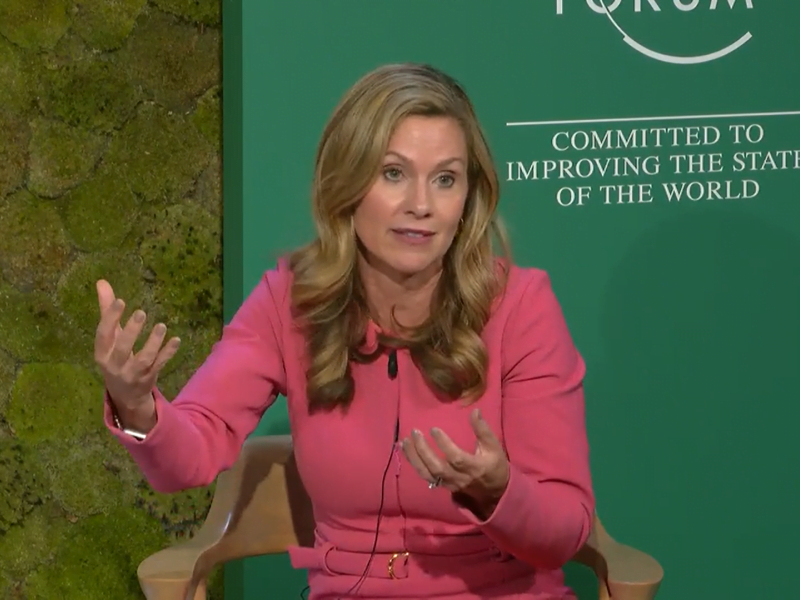Australia’s eSafety Commissioner has rejected proposed industry codes put forward by associations representing the online industry, sending the draft codes back to industry demanding that they address areas of residual concern.
The industry associations, which represent companies that provide platform services from the global giants like Google and Meta to small online game providers, to ecommerce services and dating sites, will now have until the second week of March to resubmit draft codes.
The eSafety Commissioner Julie Inman Grant said that the draft codes, as submitted last November, were unlikely to provide the appropriate community safeguards required for them to be registered.

The draft codes have been under development by the industry for nearly two years, and if accepted by the Office of the eSafety Commissioner would operate under the Online Safety Act 2021.
But to be registered, the codes must take adequate steps to reduce the availability of seriously harmful online content, such as child sexual abuse and pro-terror material. This has not happened, and the Ms Inman Grant has sent the drafts back to the industry associations for more work.
“While I have not made a final decision, my preliminary view is that the draft codes we received in November are unlikely to provide the appropriate community safeguards required for them to be registered,” Ms Inman Grant said in a statement.
“I have written to the industry associations and encouraged them to resubmit draft industry codes with improved protections and to provide them with a final opportunity to address areas of concern.”
The new codes apply to eight industry sections including social media services, websites, search engines, app stores, internet service providers, device manufacturers, hosting services, and services such as email, messaging, gaming and dating services.
If the industry is not able to re-submit draft codes that meet the statutory requirements, the development of the codes will be taken out of their hands and the eSafety Commissioner will write and impose codes through powers given to her office to determine industry codes.
The development of the drafts is understood to have stretched relationships between industry and the eSafety Commissioner’s office, even if the industry associations have played the rejection of its codes with a straight bat.
“The industry associations responsible for the codes have received and are reviewing the communication from the eSafety Commissioner,” said a spokesperson for the steering group of six associations.
“We remain committed to continuing to work closely with eSafety on the finalisation of the codes.”
Prior to submitting its draft code in November, the industry associations say they had conducted robust consultations that included receiving 88 submissions from a diverse range of groups and individuals as well as virtual roundtables with key stakeholders.
The groups also engaged pollsters Resolve Strategic to investigate consumer attitudes to issues related to the code.
Do you know more? Contact James Riley via Email.


To describe the Commissioner as Tsar is an insult. Ms Inman is simply fulfilling the regulatory responsibilities of her statutory position. We are all the better off for this.
What a potty that you don’t always fulfil yours as a journalist that you claim to be.
Not a Tsar. Tsarina or tsaritsa (also spelled csarina or csaricsa, tzarina or tzaritza, or czarina or czaricza; Russian: царица, romanized: tsaritsa) is the title of a female autocrat (monarch) of Bulgaria, Serbia or Russia, or the title of a tsar’s wife. Example: Catherine the Great. Not a Tsar.